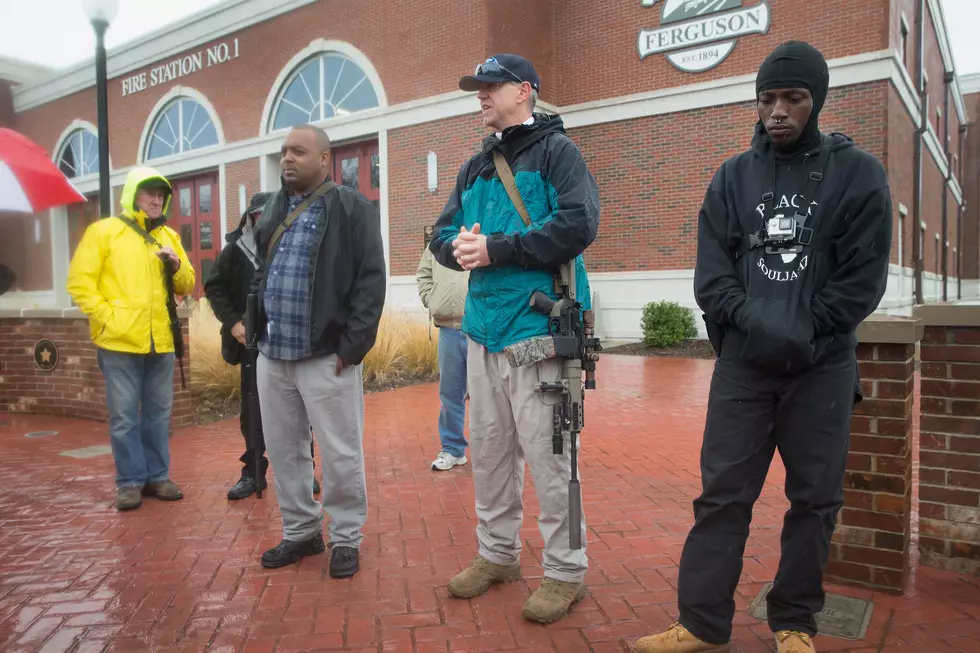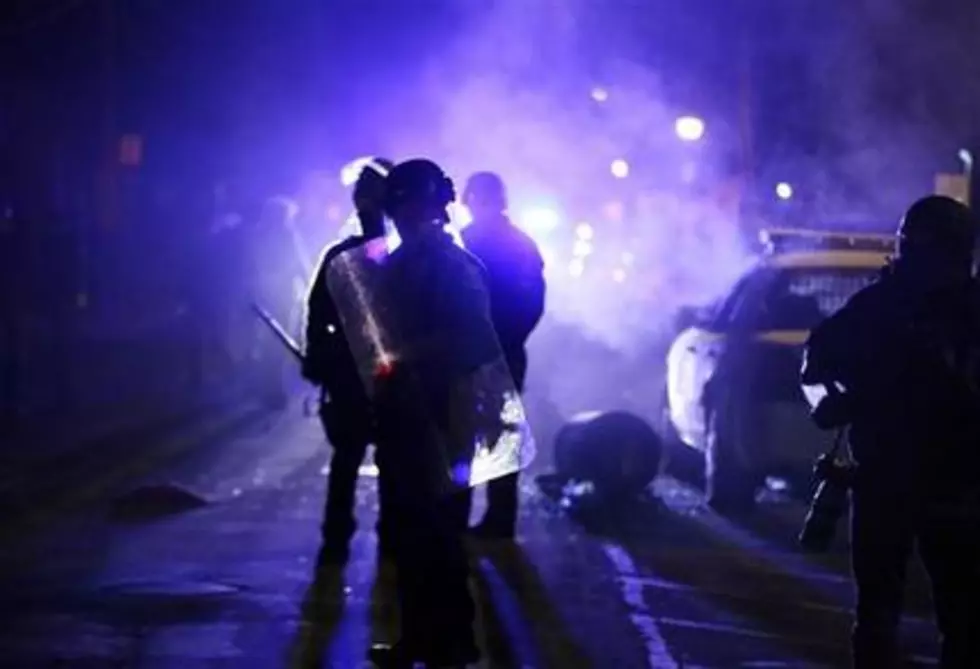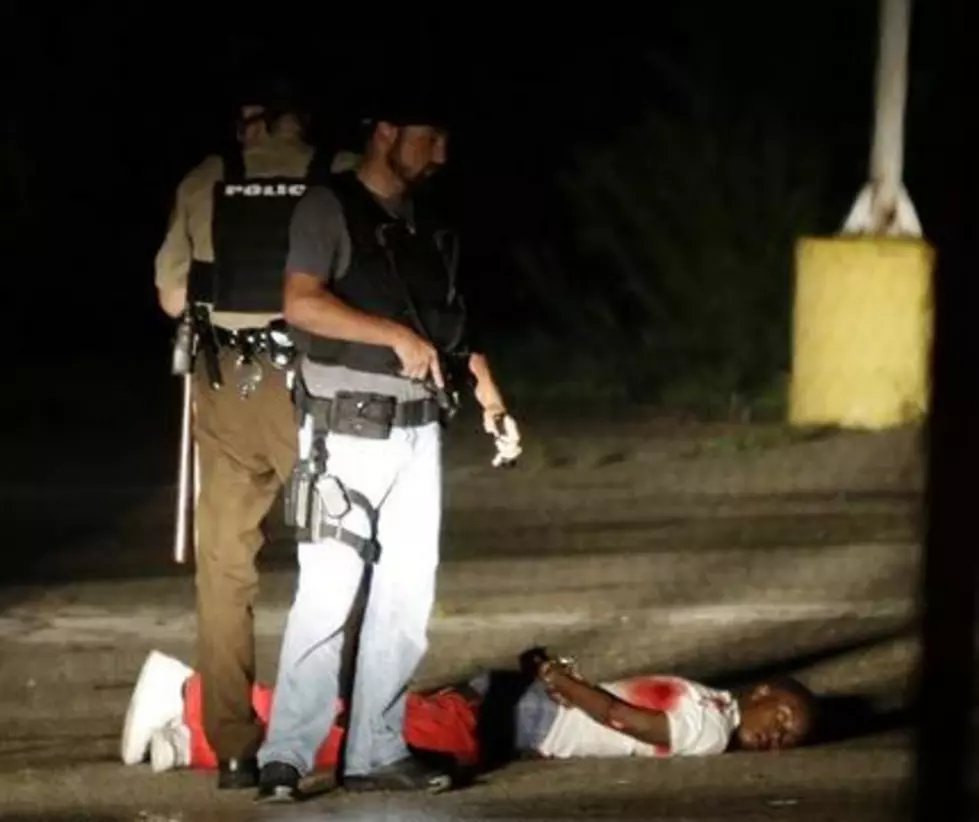
Ferguson police chief tries to create more diverse force
ST. LOUIS (AP) -- Ferguson's mostly white police force, widely maligned after the fatal shooting of a black man by a white officer last summer, is trying to become more diverse despite the St. Louis suburb's battered image and regional competition from better-paying police agencies, the interim police chief said.
Lt. Col. Al Eickhoff took over Ferguson's department in March after the resignation of Police Chief Thomas Jackson, whose departure was part of the aftermath of the killing of 18-year-old, black and unarmed Michael Brown by officer Darren Wilson. At the time of the shooting, Jackson said only three of the 53 Ferguson officers were black, while 67 percent of the city's 21,000 residents are black.
Those racial disparities helped fan months of criticism from activists that the department lacked meaningful diversity. A St. Louis County grand jury and the U.S. Justice Department declined to charge Wilson in Brown's death, though the Justice Department released a scathing report that cited racial bias and profiling in Ferguson policing and a profit-driven municipal court system that frequently targeted blacks.
Eickhoff, who is white, said in an interview with The Associated Press this week that previous descriptions of the Ferguson police force's racial makeup failed to take other minorities into account, including Filipino and Latino officers.
More than 10 months after Brown's death, the number of Ferguson police officers has declined slightly to 46, as some officers retired and two supervisors resigned in connection with racist emails made public by the Justice Department. Ferguson's police force now has four black officers, two Filipinos, a Latino and three women, including an African-American woman recently promoted to sergeant, Eickhoff said.
He said additional diversity should come with the anticipated hiring of two new officers, one black and the other a woman.
Ferguson must compete with some regional departments that pay thousands of dollars more than Ferguson's starting salary of $44,872, Eickhoff said. A rookie St. Louis County police officer earns more than $48,000.
Ferguson does offer recruits a bonus for living in the community, and they get a take-home patrol car, Eickhoff said. But that's still often not enough to lure what historically has been a small pool of black officers. The percentage of black officers nationally remained around 12 percent from 2007 to 2013 -- up from about 9 percent in 1987, but still shy of mirroring the country's 13.2 percent black population, according to a recent Justice Department report.
"If I had an extra $10,000 in starting salary to offer, I'd have my doors getting knocked down," he said. "I've had several (candidates) come in and tell me they want to come in and be part of the new Ferguson, a new challenge. I commend them on that."
"Our reputation and community has taken a hit with all the protests. That's one thing we have to overcome," he added. "We all talk about the new Ferguson. The one we had before was a good community. But when you take a good look at yourself, you can find things you can change. And that's what we're doing."
(Copyright 2015 The Associated Press. All rights reserved. This material may not be published, broadcast, rewritten or redistributed.)
More From New Jersey 101.5 FM









